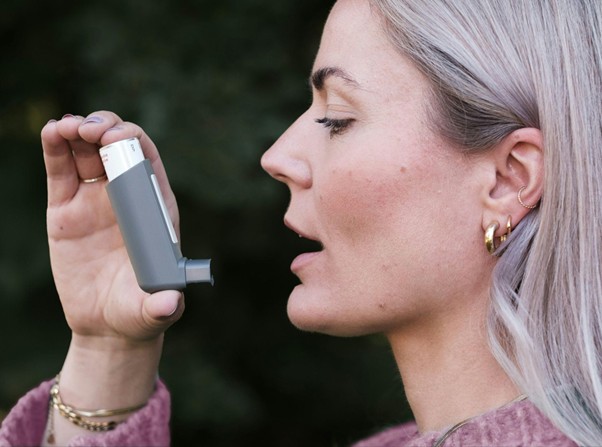Rare diseases warning signs are not always obvious and can easily be mistaken for other health conditions. As a result, diagnosis can take a long time, leaving the patient without proper treatment. This delay significantly affects quality of life and contributes to disease progression.
However, there are certain signs that may indicate the presence of a rare disease and help guide medical investigation.
Rare Diseases Warning Signs
Extreme and persistent fatigue: Excessive tiredness, even after adequate rest, may be a sign of conditions such as Castleman Disease or Hypophosphatasia.
Unexplained chronic pain: Muscle, bone, or neuropathic pain that doesn’t improve with conventional treatments may indicate diseases such as Fabry Disease or Amyloidosis.
Recurring respiratory problems: Shortness of breath, wheezing, or frequent lung infections may be associated with rare diseases affecting the respiratory or immune systems.
Skin changes: Spots, non-healing lesions, or intense itching can be indicators of rare dermatological or autoimmune diseases.
Chronic digestive difficulties: Abdominal pain, persistent diarrhea, or trouble gaining weight may be related to metabolic or storage disorders.
Anemia or blood abnormalities: Pale skin, extreme fatigue, and frequent bruising may be signs of rare hematological diseases, such as Paroxysmal Nocturnal Hemoglobinuria (PNH).
These symptoms may serve as warning signs of rare diseases. Another important factor to consider is family history — if close relatives show similar symptoms or have been diagnosed with rare diseases, the risk is higher.
The Importance of Early Diagnosis
Since rare diseases affect a small number of people, it’s common for patients to spend years searching for answers. However, early diagnosis is essential to begin the correct treatment, slow disease progression, and improve quality of life.
How Saventic Care Can Help
If you or someone close to you is experiencing persistent, unexplained symptoms, Saventic Care may be the key to a faster diagnosis. Our platform uses artificial intelligence algorithms to analyze symptoms and guide the search for possible rare diseases.
Filling out the form is simple and quick, and it could be the first step toward finding answers. Don’t ignore the signs your body is sending — take care of your health and discover how Saventic Care can make a difference.



